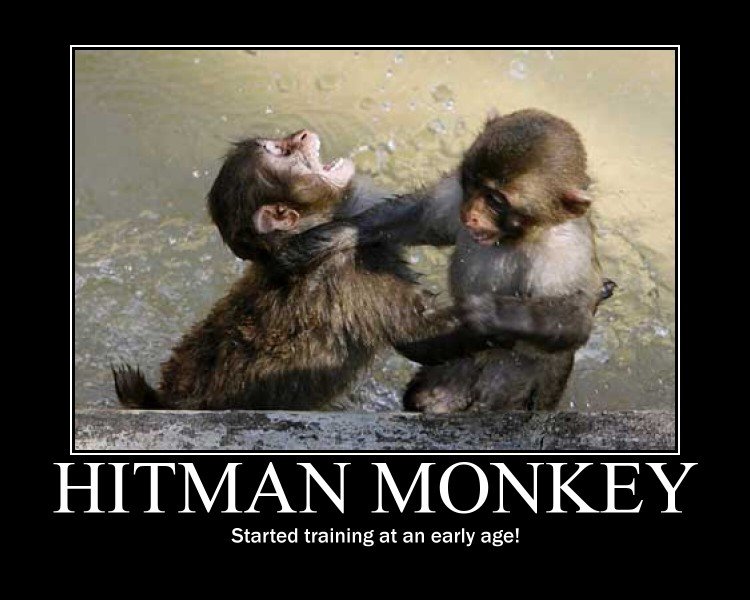Hollywood’s Disability ‘Inspiration Porn’ Is Terrible, but Here’s How We Can Fix It, Holly Eagleson, TakePart, November 21, 2014
The general consensus is that American Horror Story: Freak Show is a gift. Sure, the story lines have been teetering on the rails for the last two episodes. But it’s one of a pathetically few places you’ll see a talent like Mat Fraser on television.
Fraser has phocomelia, a congenital disorder that causes malformed appendages. On AHS, he beautifully embodies Paul the Illustrated Seal, a tattooed member of a 1950s freak show under threat of nefarious forces. Unlike so many infantilizing roles for disabled actors, Paul isn’t stripped of his eroticism; he has affairs with two different female characters on the show. Play on, player!
It’s a breakout role for Fraser, a performer who’s well known on the cabaret and burlesque circuits and is also a drummer and playwright. Fraser is fierce by any measure, even more so for his perspective on his new-found fame. In an excellent interview with The Onion’s AV Club, he puts media eager to exploit his story directly in his crosshairs: “I’ve already turned down two offers from really mainstream people, too f—ing mainstream, to do a life-story interview, because I am not interested in ‘inspiration porn.’”
That term may not be familiar, but you know the concept. It’s that soft-focus prime-time sitdown about a “heroic” soldier who lost limbs in battle. The relentless memes of developmentally disabled people as Successories posters. The documentary about a person triumphing over a disfiguring disease to run a marathon and climb a mountain. It’s all to celebrate ability in many its forms, if you’re being generous. In reality, it’s a clarion call to the able-bodied: If these less-thans can do so much with so little, by God, you can do anything! (Cue “reach for the stars” graphic.)
Consent, Emma Holten, Hysteria #5 ‘Nonsense’ Continue reading





